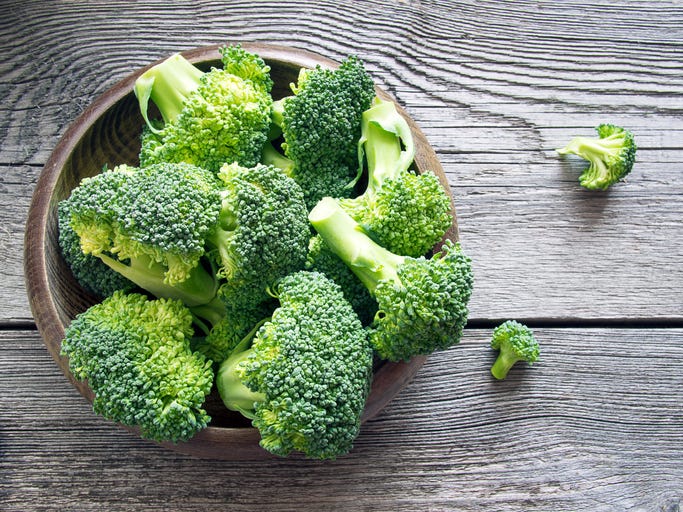When I was quite young - about six or seven years old - I remember a time during dinner when my parents served me a small portion of steamed broccoli. And I hated steamed broccoli.
In protest, I knew how to outmaneuver my doting parents. All I had to do was to hold my breath in protest and that wretched broccoli would be magically removed from my plate. Of course my parents weren’t going to let their first born expire from a silly protest, and I expected them to cave quickly.
They didn’t.
As a result, I got a little lightheaded. And then my lips turned blue. I took a desperate gasp for air. With a threatening look that only a parent can give, I had no choice to admit defeat, and I forced down those broccoli crowns and was then sent to my room for the rest of the evening.
It turns out the logic of my youth missed one important part: we are obligate breathers and do so about 20,000 times a day. It’s something that few of us think about - it happens automatically (technically, autonomically). Sometimes at a faster rate when we are out for a morning jog, and other times slower when we are asleep. But it happens all of the time.
I’m fortunate to live in a part of the United States where the air is relatively clean. Sure, we have bad days, but for the most part, it’s pretty good. So I’m not terribly worried about most of those automatic, er, autonomic, breaths. I am certainly aware that there are many locations in the US where air quality is much worse than where I live, especially in marginalized communities. As an air pollution researcher, this is where I want focus my effort.
But it gives me an element of comfort to know that, for the most part, each breath I take is pretty low risk. Those around me enjoy the same comfort, even if they don’t know it. It comes with the privilege of where I live.
But I’m even more aware of the many parts of the world where air quality is much worse than anything observed in the US. Delhi, Kathmandu, Lagos, Karachi, Ulaanbaatar, and Beijing all tick those boxes for terrible air quality. People who live in these communities also take those 20,000 breaths - just like you - but they aren’t so lucky or privileged to have good air quality. They don’t have a choice. They take a lung full of dirty air, and then another, and then another. During my travels to some of these locations, you can literally taste the air pollution before you even depart the airplane.
Children who grow up in these communities go to school, play soccer, socialize, and sleep with hazardous air. Every day. They, also, don’t have a choice.
Shining a light on these issues is what this newsletter is all about. I want to highlight where and why global and local air quality disparities exist, bring sound scientific advice to those seeking to improve their individual air quality, and contribute my knowledge to the public good. To correct some of the incorrect. And to clear up some of the conflicting information you see. I won’t always get it perfect, and some may occasionally disagree with me. But I look forward to continuing a conversation with you.
But when we do engage, I’d appreciate it if you leave the broccoli at home.
I’d love for you to subscribe, and feel free pass this to your friends as well.





